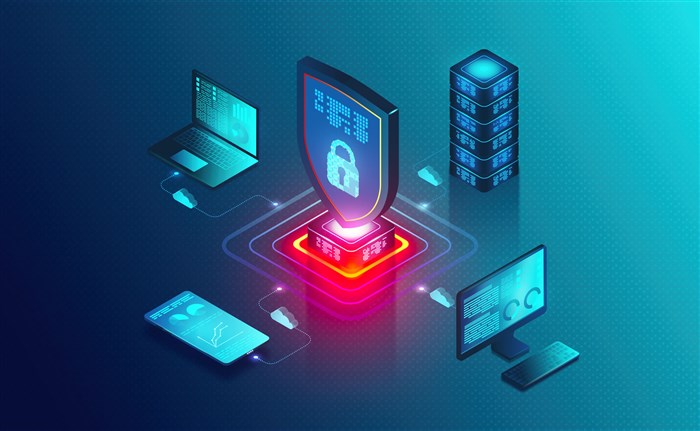Top 3 Tools for Cyber Security

In today’s digital-first world, cyber threats have become a looming reality for individuals and organizations alike. From phishing scams to ransomware attacks, the need for robust defenses has never been greater. Thankfully, a wide array of cyber security tools exists to protect sensitive data, systems, and networks from malicious actors. This blog explores the most essential tools that are shaping the future of cyber security.
1. Firewalls: The First Line of Defense
Firewalls are one of the oldest yet most effective tools in the cyber security arsenal. Acting as a barrier between internal networks and external threats, firewalls monitor and control incoming and outgoing traffic based on predetermined security rules.
Types of Firewalls:
- ➤ Hardware Firewalls: Physical devices that sit between your internal network and the internet.
- ➤ Software Firewalls: Installed on individual devices to provide personalized protection.
- ➤ Cloud-Based Firewalls: Hosted firewalls tailored for cloud infrastructures.
Why They Matter: Firewalls prevent unauthorized access, block malicious traffic, and create a protective perimeter for both personal and enterprise networks.
2. Anti-Malware Software: Guarding Against Malicious Software
Anti-malware tools are designed to detect, quarantine, and remove malicious software, including viruses, worms, spyware, and ransomware.
Key Features:
- ➤ Real-time scanning to identify threats as they emerge.
- ➤ Heuristic analysis to detect unknown or new malware variants.
- ➤ Regular updates to address evolving threats.
Examples:
- ➤ Norton AntiVirus
- ➤ McAfee Total Protection
- ➤ Malwarebytes
Why They Matter: These tools are essential for protecting devices from infections that could compromise sensitive data or render systems inoperable.
3. Virtual Private Networks (VPNs): Ensuring Secure Connections
A VPN encrypts internet traffic, providing secure and private access to the web. It’s particularly useful for remote workers, travelers, and anyone using public Wi-Fi networks.
Benefits of VPNs:
- ➤ Safeguards data from interception on unsecured networks.
- ➤ Masks the user’s IP address, enhancing anonymity.
- ➤ Enables secure access to geo-restricted content or services.
Popular VPN Providers:
- ➤ NordVPN
- ➤ ExpressVPN
- ➤ CyberGhost VPN
Why They Matter: VPNs provide an additional layer of security for both personal use and corporate networks, especially in an era of remote work.
Conclusion
The evolving nature of cyber threats demands a proactive and multi-layered approach to security. From firewalls to SIEM tools, each cyber security tool plays a unique role in protecting systems, networks, and data. By leveraging these technologies and staying vigilant, individuals and organizations can significantly reduce their risk exposure and maintain trust in the digital world.
Investing in the right tools is not just a technological decision but a strategic one—because in the world of cyber security, prevention is always better than cure.



